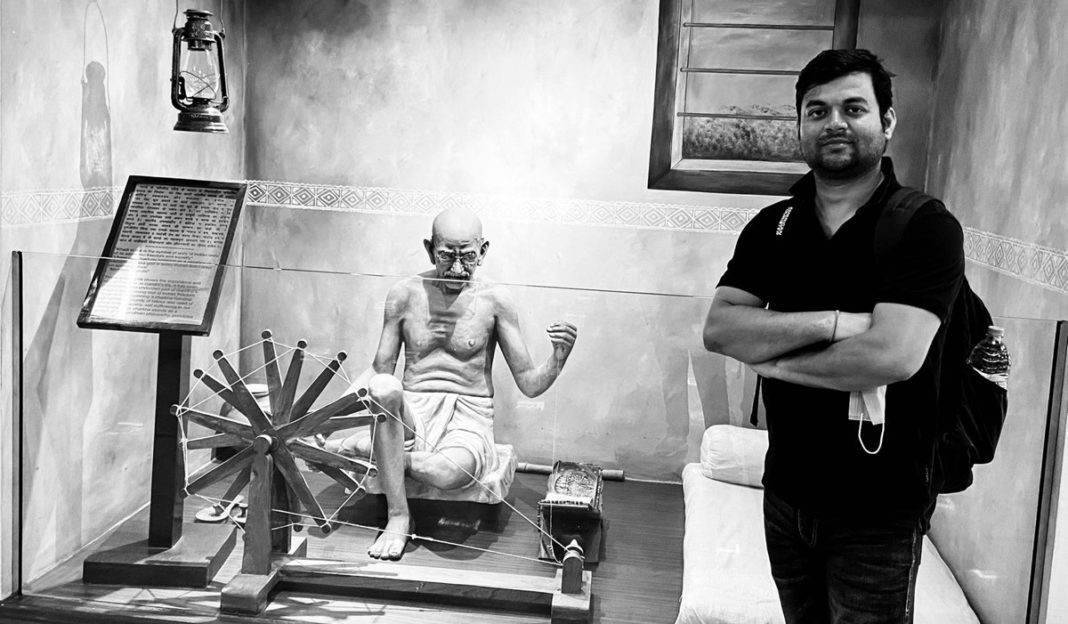INDIA: In a reflective moment after watching the film “Oppenheimer” last August, Ehtesham Haque found himself grappling with the profound impact of historical events, particularly the first atomic bombs dropped on Hiroshima and Nagasaki in August 1945. The visceral portrayal in the movie left him speechless, emphasizing how the true horror of such events transcends textbook descriptions. This poignant realization drew parallels to his childhood memories of the second Gulf War, where images of burning oil fields dominated newspaper front pages, leaving a lasting impression of the hellish consequences of conflict.
While the human toll of war has always been at the forefront of discussions, there exists a quieter, often overlooked victim— the environment. Haque highlights that the devastation wrought upon the Earth, from scorched crops to poisoned soils and contaminated water sources, is a facet of war that is deliberately omitted from mainstream narratives.
Haque underscores a critical link between wars and climate change, where both fuel and exacerbate each other. Drawing from the latest Intergovernmental Panel on Climate Change (IPCC) report, Haque points out that approximately 3.5 billion people reside in highly climate-vulnerable regions, with the escalating climate crisis expected to trigger increased conflicts in these areas. The UN has identified that over the last six decades, 40% of conflicts have been linked to the exploitation of natural resources.
Haque explores the intricate connection between natural resources, conflict, and environmental degradation. Wars can erupt over the struggle for these resources, and once conflicts commence, these very resources often fund and prolong the fighting. Furthermore, the prospect of peace becomes jeopardized as factions lose access to revenues generated from resource exploitation, escalating conflicts further.
Haque emphasizing the inescapable nature of conflicts, whether experienced firsthand or observed from afar through various media channels. Haque suggests that international forums, such as the upcoming COP28 in the UAE, should broaden their focus beyond viewing climate change as merely an environmental concern. He sees an opportunity for global leaders to address the challenges arising from the interconnections of conflict resources, wars, and environmental catastrophes, urging them to seize the moment and break the cycle.
Also Read: Ratan Tata-Backed Goodfellows Combat Elderly Loneliness with Inter-Generational Bonds



